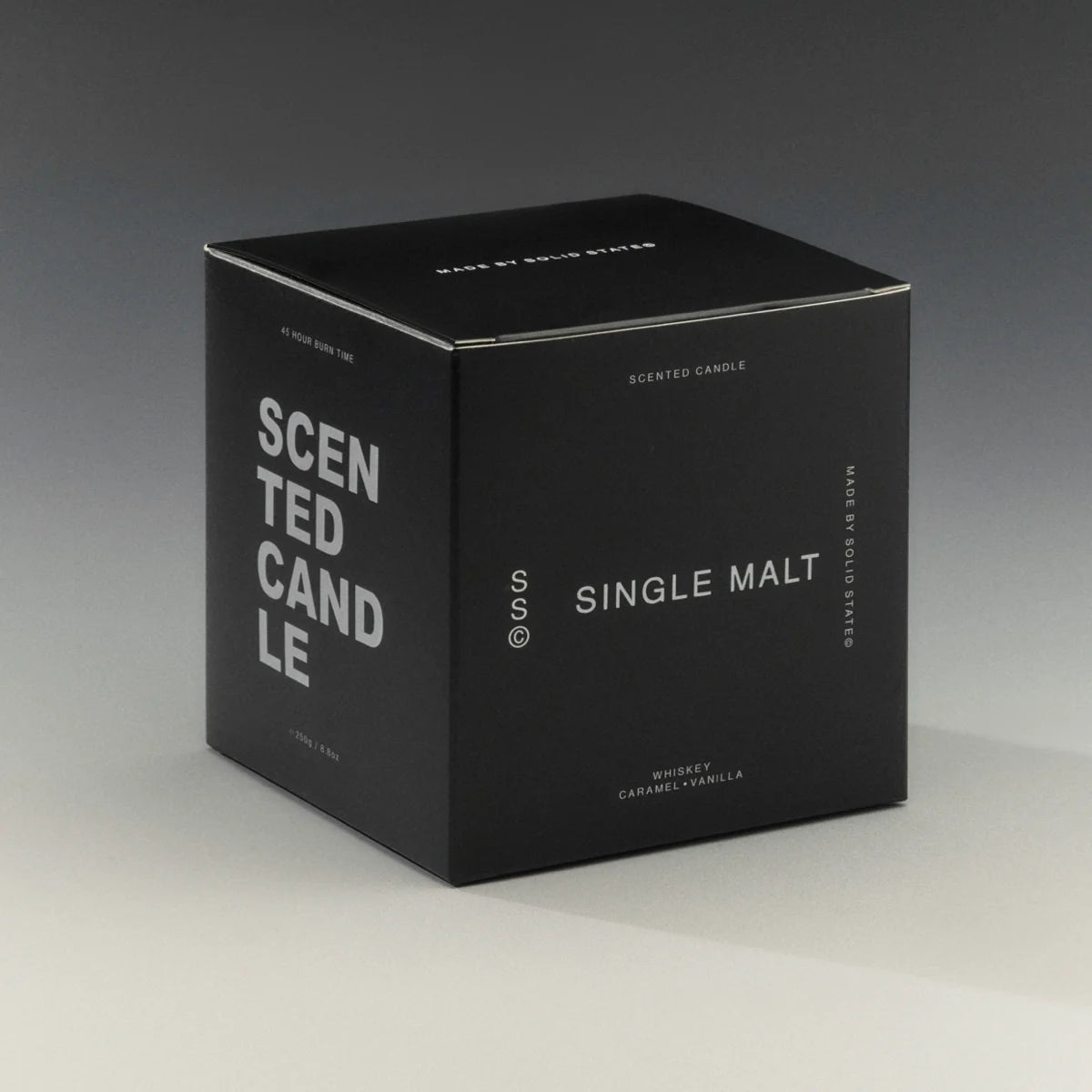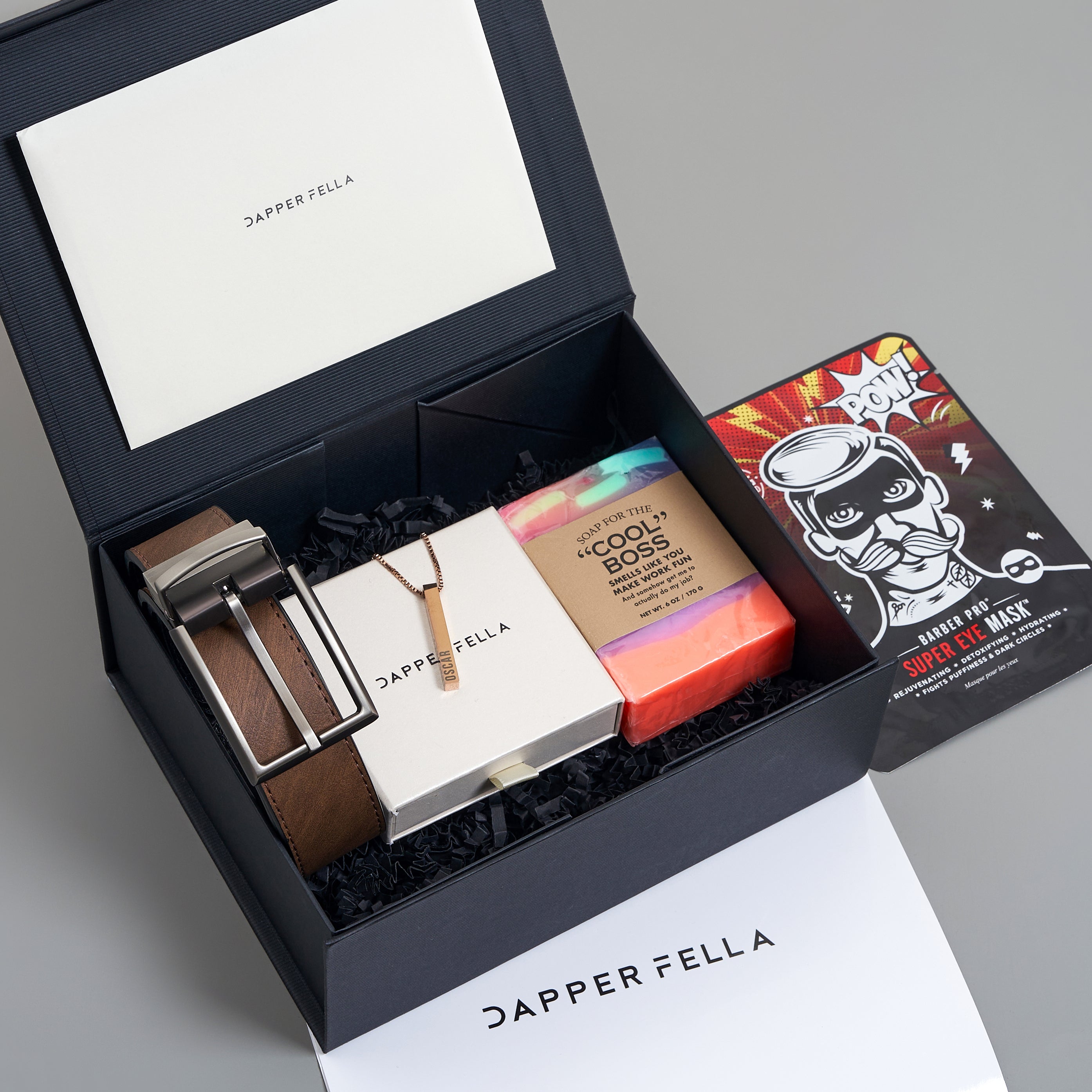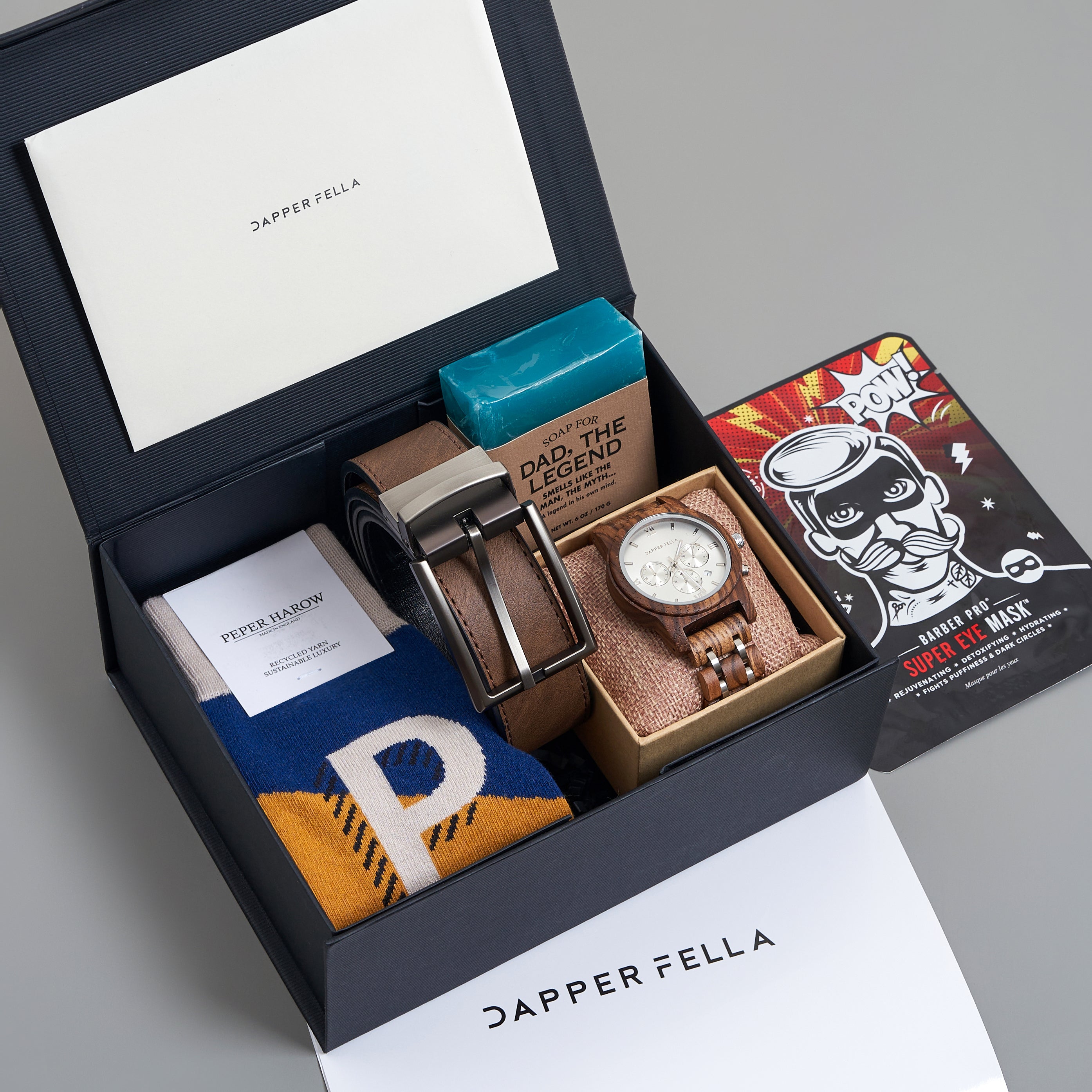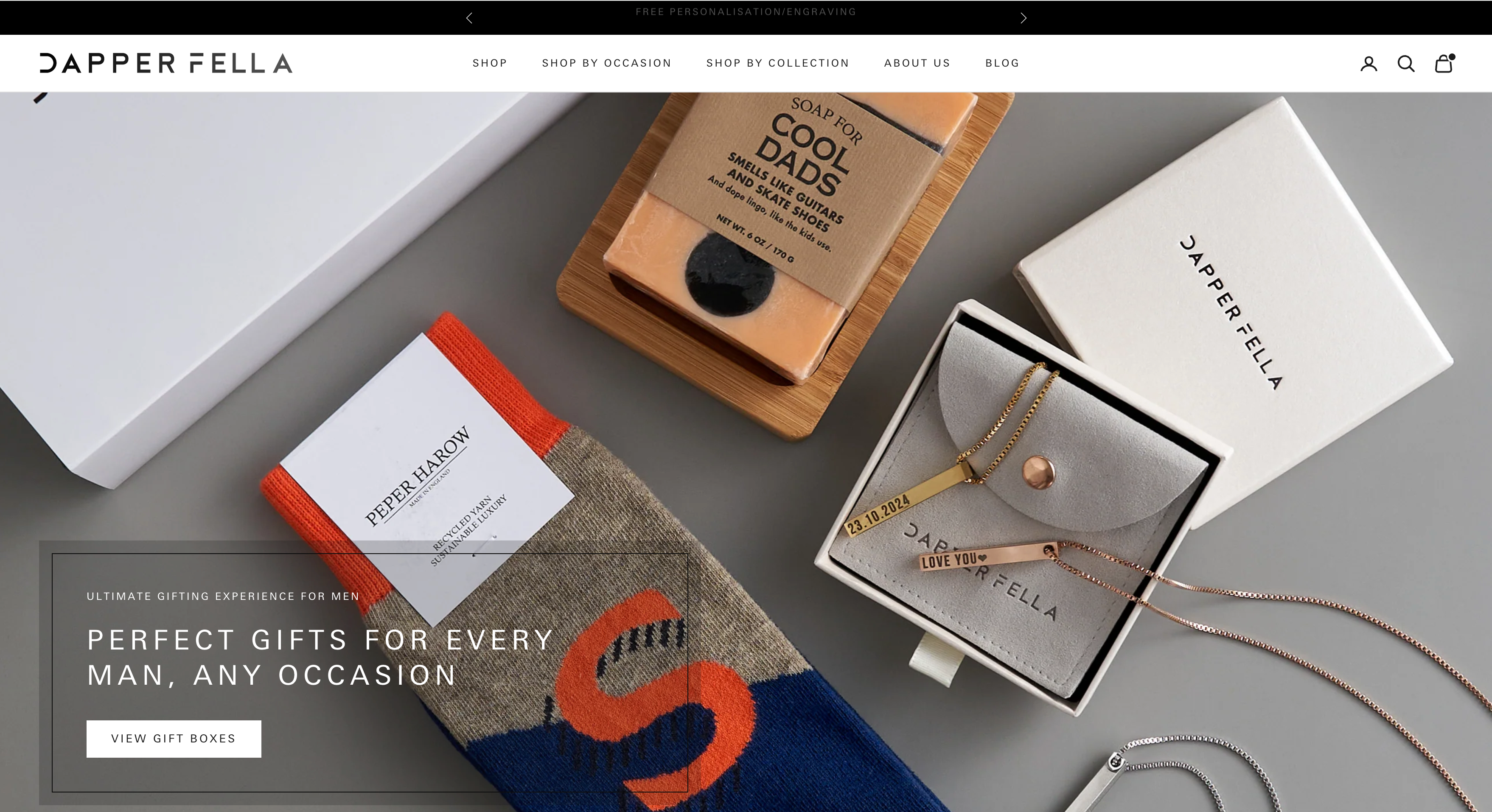It’s a special kind of agony to realize, while exchanging gifts with someone, that they got you something way, way better than what you got them. A few years ago, I bought for my partner what I thought was a perfect anniversary gift: a bulk order of astronaut ice cream. In many ways, I nailed it. He loves freeze-dried ice cream, which you rarely see in the wild outside of science museums, and I had gotten a comical number of packages.

How to become a truly excellent gift giver
A great present should have at least one of these three qualities. Here’s what they are.
The problem is that his gift for me was an all-timer, a miniature painting that he had commissioned from an artist who specializes in painstakingly detailed watercolors. He had worked on it for months, and the image illustrated my favorite Google search: “owls kissing.” (Saccharine, I know, but I dare you to find me anything cuter.) Astronaut ice cream would have been an amazing present if given on a random Tuesday, but the occasion and the wild discrepancy between our gifts was hilarious and vaguely horrifying. I do believe that intention matters more than execution with gifts — that it doesn’t really matter what you give someone, as long as you put thought and love into it — but sometimes it would be nice to get a do-over.
This holiday season, I am out for blood, and by blood, I mean really good presents. Is transforming myself into the best gift-giver of all time too much to ask? Probably. In the interest of merely learning how to give better presents, I turned to several experts in the arts of gift-giving and etiquette, who shared their tactics and frameworks for gathering ideas and getting in a creative mindset.
“I’ve always believed that literally anything on earth, any object, any piece of trash, anything you find in a store, can be a perfect gift,” says Helen Rosner, a New Yorker staff writer who publishes an annual food-themed gift guide that is somehow both deranged and genuinely useful. “It can be a Tootsie Pop or a $10,000 diamond-encrusted cocktail shaker. What’s important is matching the right thing to the right person.”

Not every gift has to be life-changing, and a meaningful gift doesn’t have to cost a lot of money
Whether or not you’re in a position to buy a $10,000 cocktail shaker, it’s remarkably easy to start spiraling about finding the perfect gift for someone. Before you open a single browser tab, take a minute to remember that a gift doesn’t have to cause absolute emotional devastation (in a good way) in order to be successful.
“We often give ourselves this challenge of being like, ‘What is the gift that only I could give them? What is the gift that proves I know them so well?’ And that’s kind of impossible,” says Erica Cerulo, who runs the recommendation-filled A Thing or Two podcast and newsletter with her business partner, Claire Mazur. (Cerulo and Mazur previously co-founded the retail destination Of A Kind, which shut down in 2019.) A great gift doesn’t have to change someone’s life, Cerulo says: It can just be something that’s fun and nice and comforting.
Similarly, you don’t have to spend a certain amount of money for a gift to feel meaningful. Rosner did a book swap with family last winter, wherein each person had to choose a title from their own shelf that they thought another person in the group would enjoy. “Part of the gift was explaining: ‘I have read this, I loved it, and I think you would love it,’” Rosner says. “It involved spending zero dollars, it created amazing conversations, and it felt really personal and deep.”
Try to tick one of three gift-giving boxes
Because creativity thrives with constraints, Cerulo offered the following three-point framework for thinking about gift-giving: “Can I introduce someone to something they might not otherwise know about? Can I get them a nicer version of something than they would buy for themselves? Or can I make them feel seen?” If you can check one of those three boxes, you’ve probably got a good present on your hands.
Last summer, Cerulo and Mazur went to stay with some friends who were very generous hosts, cooking every meal. “All weekend we were running out for seltzer water, so afterward I sent them a really nice seltzer maker,” Mazur says. “We came back, and it was in use all weekend, and the kids had learned how to use it.” She describes this as a particularly satisfying gift-giving experience that ticked several of the boxes Cerulo laid out. It was something their hosts probably weren’t going to buy for themselves (and was luxurious in a way that only infinite seltzer can be), and it demonstrated that she was paying attention to their habits.
Making someone feel seen gets to the reason why we give people gifts in the first place. “The way that we express love to people through gift-giving is by reflecting who they are back to them, and also by showing them who we see them as,” says Rosner. You could get someone a $70 cut-crystal glass for their whiskey, for instance, but you could also track down the Pizza Hut Flintstones Kids glasses from the 1980s that they loved as a child.
So how do you make someone feel known? Unlock your phone and ...

Write a mini-bio of the recipient, even if you know them well
Our closest confidantes are sometimes the most challenging people on our list. How are you supposed to distill your sister’s marvelous and unique essence into a single package? First, step away from the grandiose thinking. Second, get some perspective with a tactic that Mazur and Cerulo figured out while creating gift guides: Write a three-sentence description of the person you have in mind, paying close attention to their enthusiasms, obsessions, and interests. “I might say, ‘My dad is obsessed with sports, he thinks most kitchen gadgets are pretentious, and he’s been a lawyer his whole life,’” says Mazur. “Then there’s a little bit more room to get imaginative.”
If you’ve spent a lot of time looking at gift guides, this exercise can also help you break out of thinking about your loved ones in terms of consumer profiles. (I like gift guides, but they do have a tendency to, say, boil men’s interests down to whiskey stones and beard oil.) “It’s better to give something that’s like, ‘This is a gift for you’ — like you as a person, not you as some demographic category,” says Rosner. “I know you love Nutter Butters, so here are 17 packages of Nutter Butters.”





